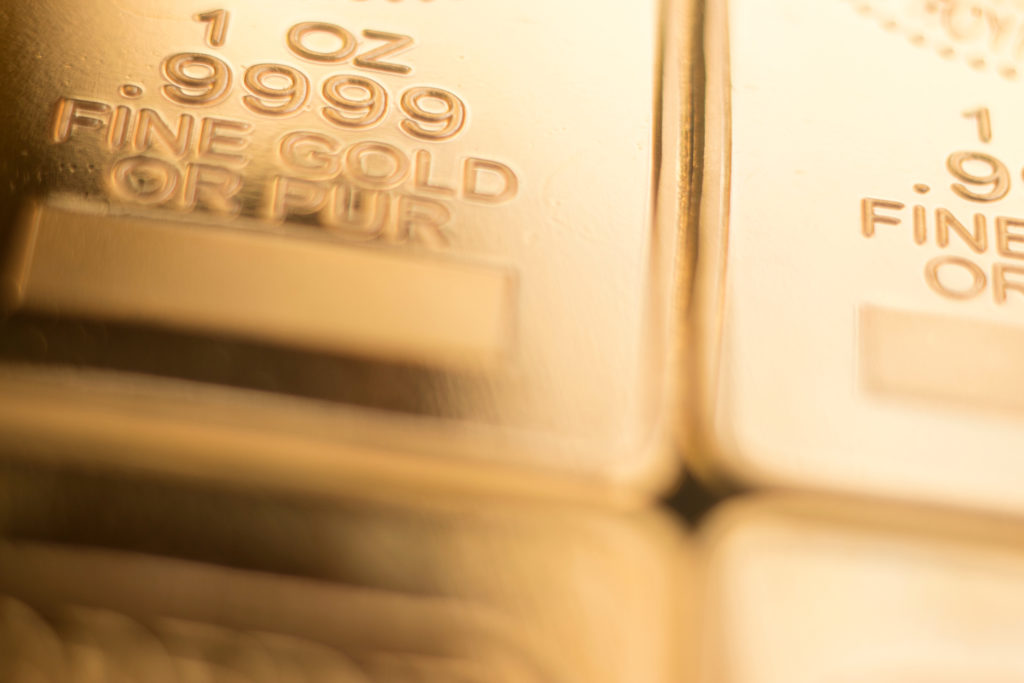Gold prices fell to their lowest level in two months on Thursday as investors grew more optimistic about a deal to raise the US debt ceiling. The prospect of a deal reduced demand for gold as a safe haven asset, while strong economic data increased expectations of another interest rate hike by the Federal Reserve.
Spot gold fell 0.6% to $1,946.31 per ounce by 11:20 a.m. EDT, below the $1,950 level for the first time since March. US gold futures recorded a 1.0% loss at $1,945.50 per ounce.
“It’s a one-two punch for gold,” said Edward Moya, senior market analyst at OANDA. “If a deal is done over the weekend, then that will remove the biggest risk off the table.”
Gold extended losses from earlier this week after revised estimates showed the US gross domestic product increased at a 1.3% annualized rate last quarter, up from the 1.1% pace estimated last month.
“A rather impressive round of economic data suggests this economy is still showing so much resilience,” Moya said. “The argument for possibly delivering another rate hike is gaining steam here.”
Traders looked to the Fed-favored inflation gauge, core personal consumption expenditures index, due Friday. Markets now priced in a 41% chance of a 25-basis points hike in June, seeing cuts no sooner than September, according to the CME FedWatch tool.
Meanwhile, the US dollar climbed to its highest since mid-March, making gold less attractive for overseas buyers, while benchmark Treasury yields were near highs seen two months ago.
“Gold was really viewing things through the lens of the dollar,” said independent analyst Ross Norman.
The decline in gold prices comes as the market is already facing headwinds from rising interest rates and inflation. The Federal Reserve has signaled that it is likely to raise interest rates several times this year in an effort to combat inflation, which is running at its highest level in decades. Higher interest rates make gold less attractive to investors, as they can earn more by investing in other assets, such as bonds.
In addition, inflation is also eating into the purchasing power of gold. Gold is often seen as a hedge against inflation, but when inflation is rising, the value of gold can decline in real terms.
The combination of rising interest rates and inflation is likely to continue to weigh on gold prices in the near term. However, if the market becomes more concerned about a potential recession, gold could see a rebound as investors seek out safe haven assets.
(With files from Reuters)








